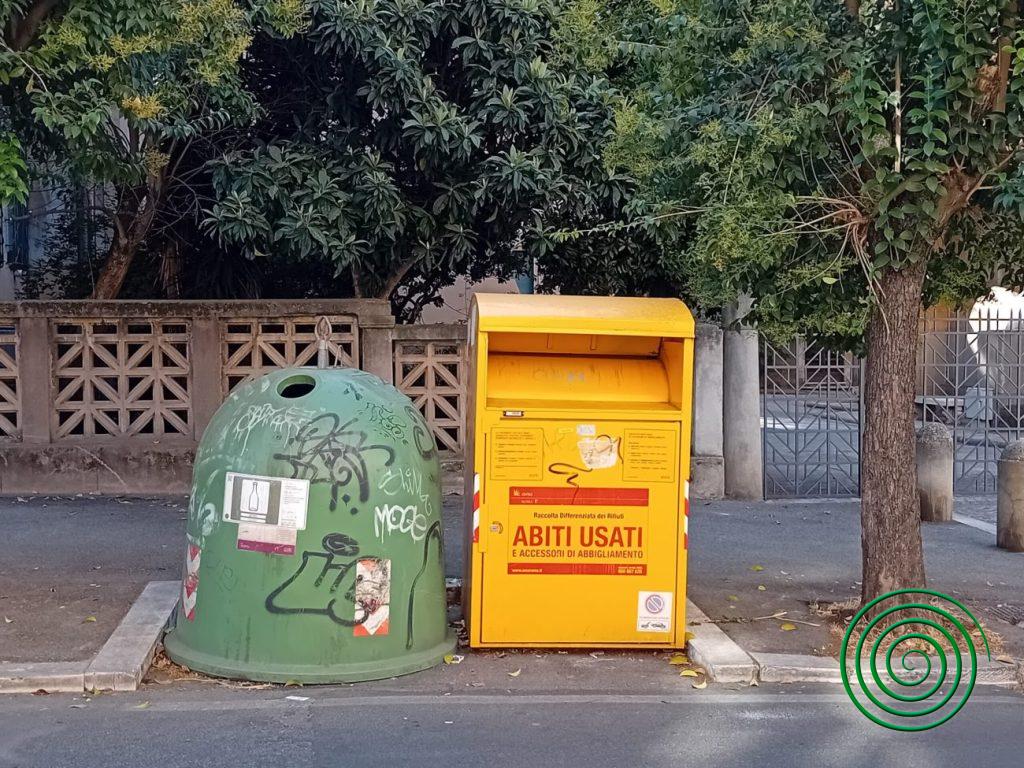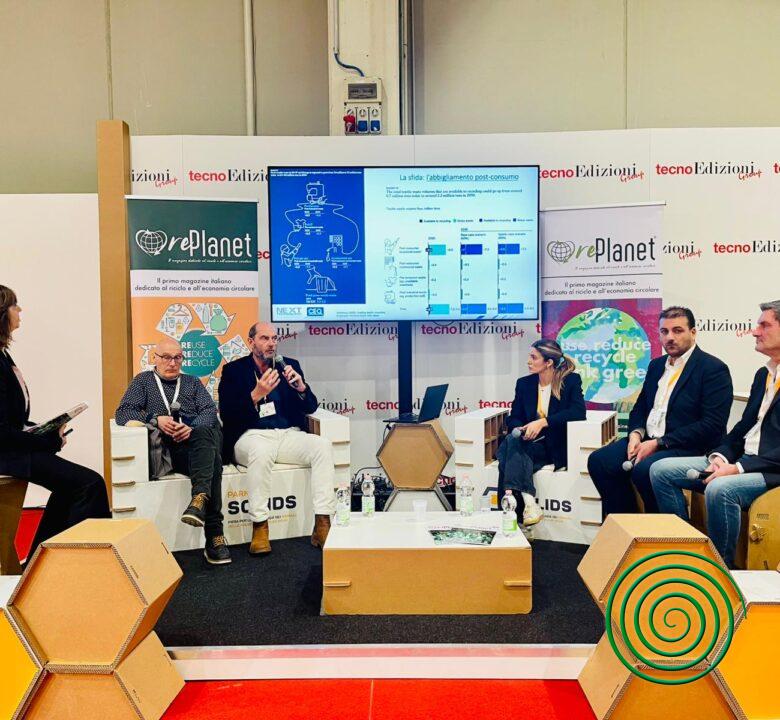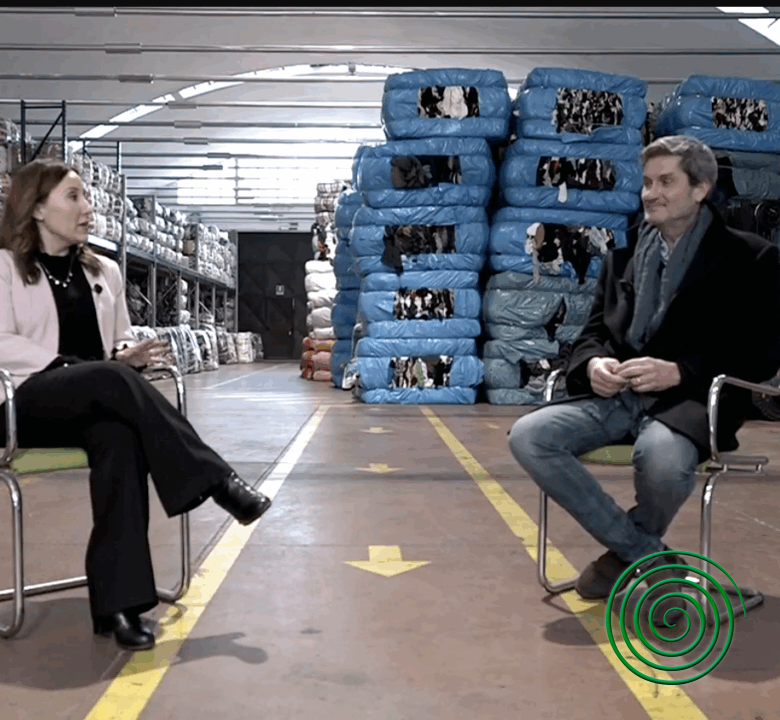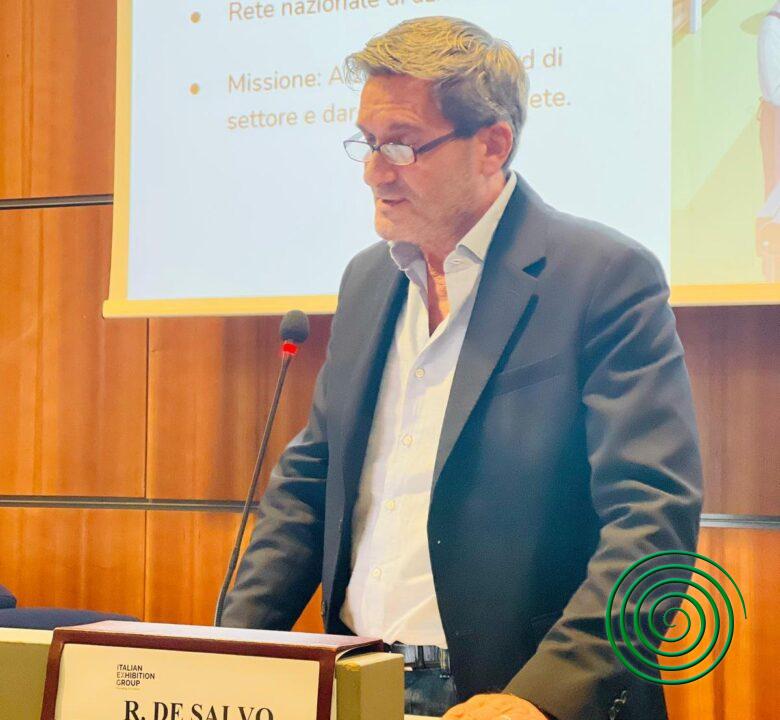
Textile Recycling Chain in Crisis: Corertex Raises the Alarm – “Without Immediate Action, Autumn Will Be Devastating”
July 28, 2025
Corertex at the Ministerial Roundtable on the Textile Waste Collection Crisis: Urgent Requests to Add Value to Textile Scrap
September 15, 2025
Textile Waste Crisis: Corertex Warns of Strike Risk Without Concrete Solutions from MASE
The Corertex Consortium has issued a pressing warning regarding the severe challenges facing the textile reuse and recycling sector. In the absence of concrete action from the Ministry of the Environment (MASE), the possibility of unrest and strikes is becoming increasingly likely.
A Supply Chain at Breaking Point
Raffaello De Salvo, President of Corertex, describes a situation teetering on collapse. Operators in the sector are seeing their margins evaporate due to stagnant prices and the absence of structured support. In response, the consortium took part in a ministerial meeting, proposing urgent actions necessary to safeguard the textile reuse chain.
Economic and Regulatory Strains
The crisis stems not only from falling demand but also from regulatory obstacles:
• Post-consumer textiles that cannot be optimally shredded due to stricter ISO and REACH compliance;
• An increase in volume but decline in quality of collected garments, driven by fast fashion, which renders materials less reusable and more difficult to recycle.
Risk Cascades Through the Entire Supply Chain
Prato’s textile model—long held as a benchmark of circular economy—is at risk of collapsing without urgent support. For Corertex, a strike is not a remote threat but a clear signal of mounting distress. If no swift intervention comes, collection processes may come to a halt, resulting in environmental and economic costs for municipalities and citizens alike.
Corertex’s Roadmap for Action
Corertex puts forward a set of immediate measures to avert collapse:
• Temporary financial support and tax relief (zero VAT on second-hand items and secondary raw materials);
• Penalties for fast fashion imports to discourage unsustainable consumption practices;
• Regulatory reform, ensuring EPR and Espr are in place before mandating textile separation rules;
• A resilient legislative framework, to ensure existing infrastructure isn’t dismantled before the new regulations come into force.




